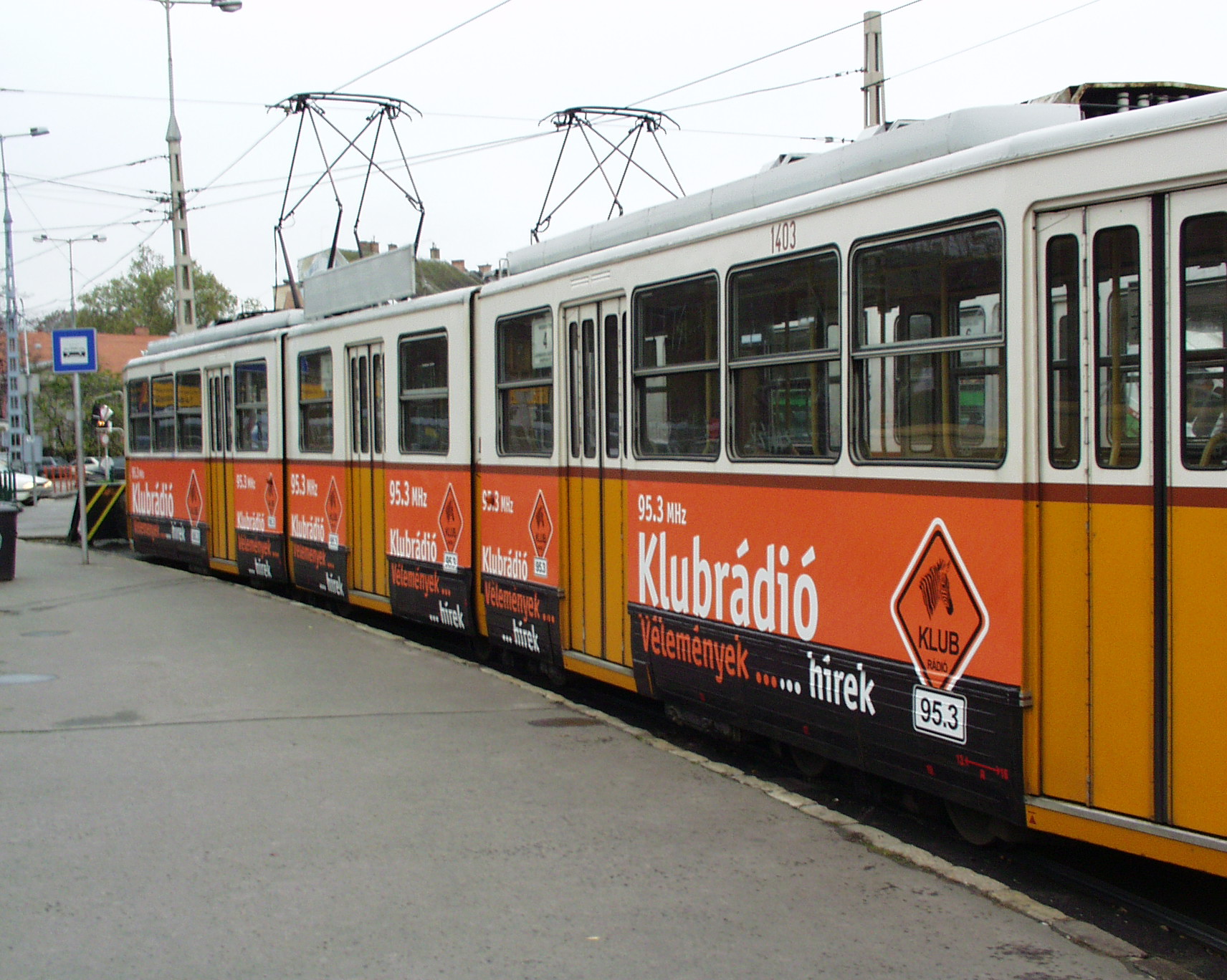Local Station has Budapest Talking
Michael Hedges March 1, 2005
While the big national Hungarian radio networks play music local Budapest station Klubradio talks and has the city talking

Recent Budapest audience surveys show what everybody in the city knows, at 4 o’clock in the afternoon radios tune into news-talk radio. Well-known television journalist Gyorgy Bolgar presents a news magazine program, interviewing news-makers and fielding listener phone calls for two hours. That program is followed by another two-hour magazine program hosted by Jozsef Orosz where two guests on opposite sides of an issue attempt to persuade each other to change sides. Listeners also call-in, adding their arguments. Orosz gained repute as the only Hungarian journalist to report from Iraq.
Budapest is now a competitive market on its own, separate from the Hungarian national radio market. Five commercial and one public station are licensed to the capital city of 1.7 million residents. The six national channels – 3 public and 3 commercial – have a presence in Budapest but local stations are distinctive and are gaining audience.
|
German broadcasters are resisting music industry calls to impose quotes on radio stations.
Each New Years brings with it tidings, if not promise, of health and prosperity. Forecasters have already chimed in with the prospect of more ad spending for most media in 2005.
Two new English language radio stations are developing in Paris, both lured by the promise of new DAB licenses.
|
Klubradio took its place in the Budapest radio market in December 2001. It has concentrated on its talk-shows in the last year as headline news is available on another commercial station, InfoRadio. Public broadcaster Radio Kossuth is also largely speech-based.
A new morning show and new logo debuted in September 2003 after a company reorganization. The Morning Fast Train (Reggeli Gyors) employs two presenters for a fast-paced delivery of news, interviews, traffic and weather reports. Klubradio benefits from a wide variety of well-known Budapest media personalities, some with international experience and exposure.
Friday afternoons feature a sports-talk program, The Rival, hosted by two women, well-known journalist Claudia Kazala and Olympic gymnast Zsuzsa Csistu,
After an audience study by market research company Ipsos Szonda the station reinforced its strategy targeting adults over 25 year of age with high quality news and talk programs.
 Since October Klubradio mounted an extensive ad campaign in Budapest, featuring its bright orange logo on 300 outdoor billboards plus buses and trams. The campaign has also been augmented by a television ad campaign. Since October Klubradio mounted an extensive ad campaign in Budapest, featuring its bright orange logo on 300 outdoor billboards plus buses and trams. The campaign has also been augmented by a television ad campaign.
Klubradio is heard on a single FM frequency in the Budapest area and another in the Kecskemet-Syeged area of southern Hungary. Promotions Director Anita Jakab said the station plans to add coverage in 2005 with as many new frequencies as possible.
Originally published in Radio World International, February 2005, in a slightly different form.
ftm Follow Up & Comments
| 
